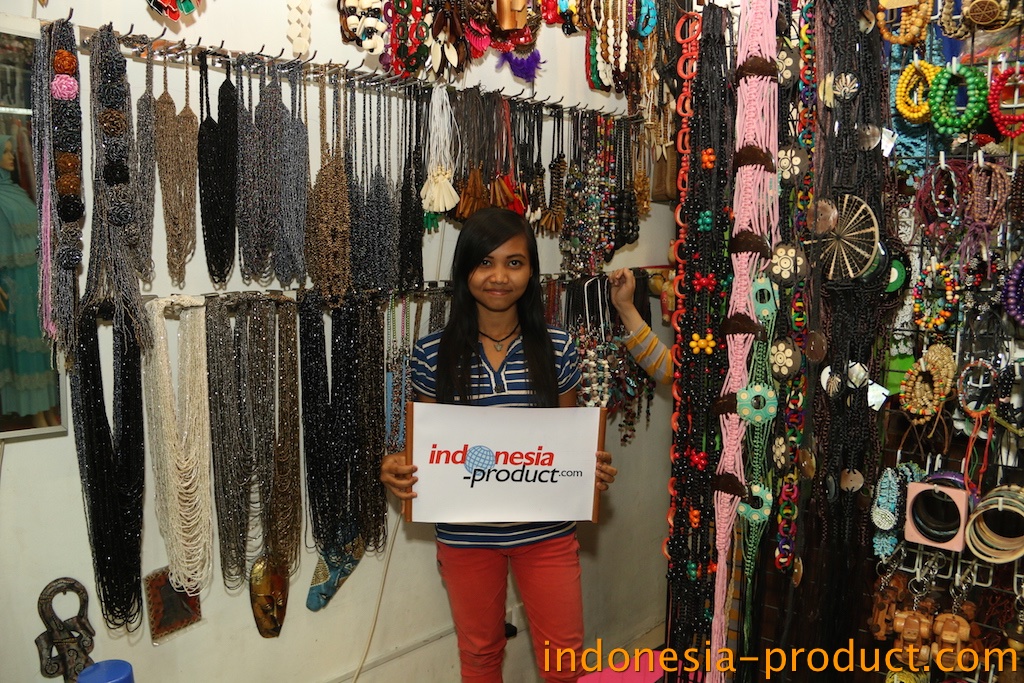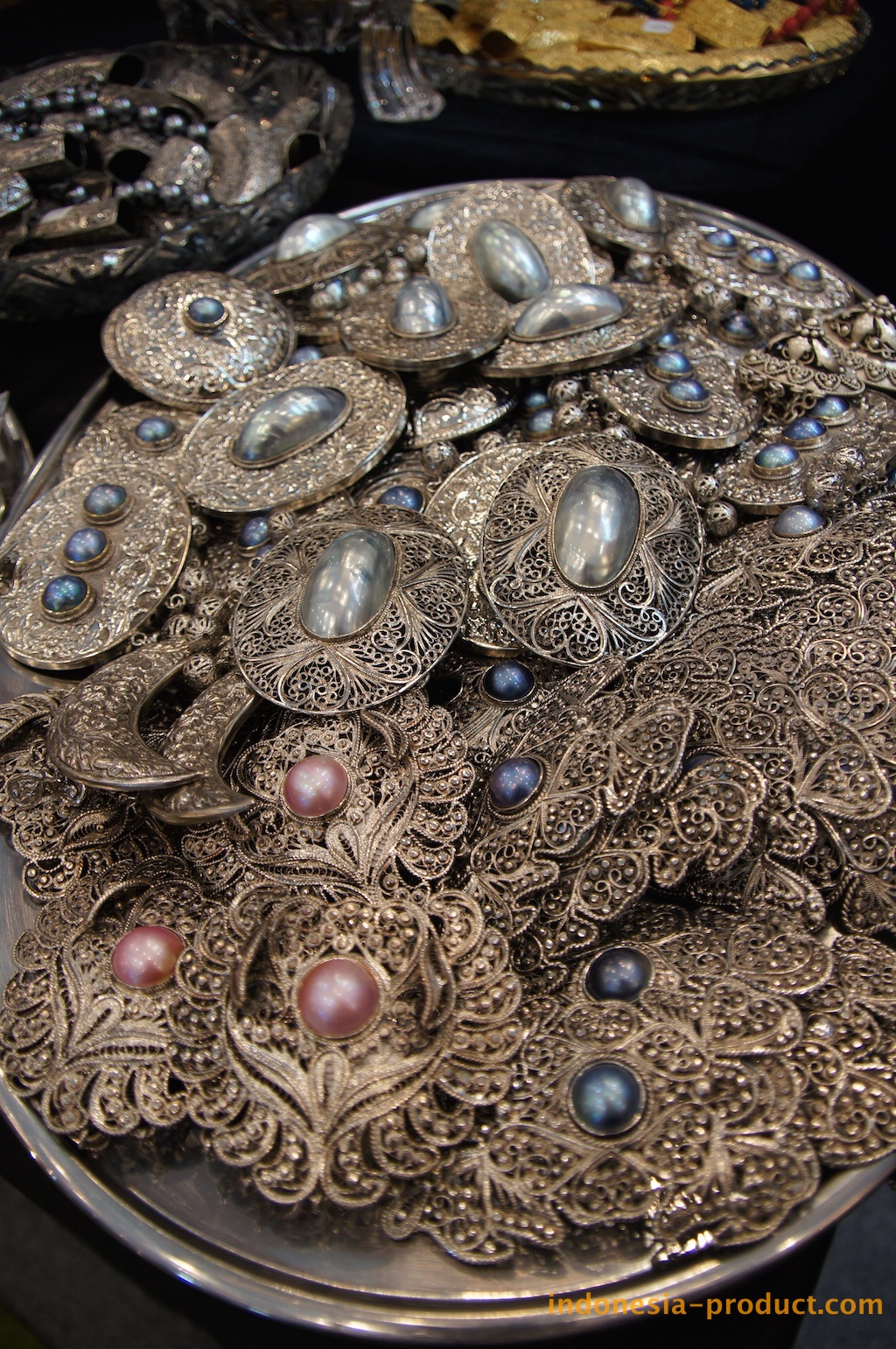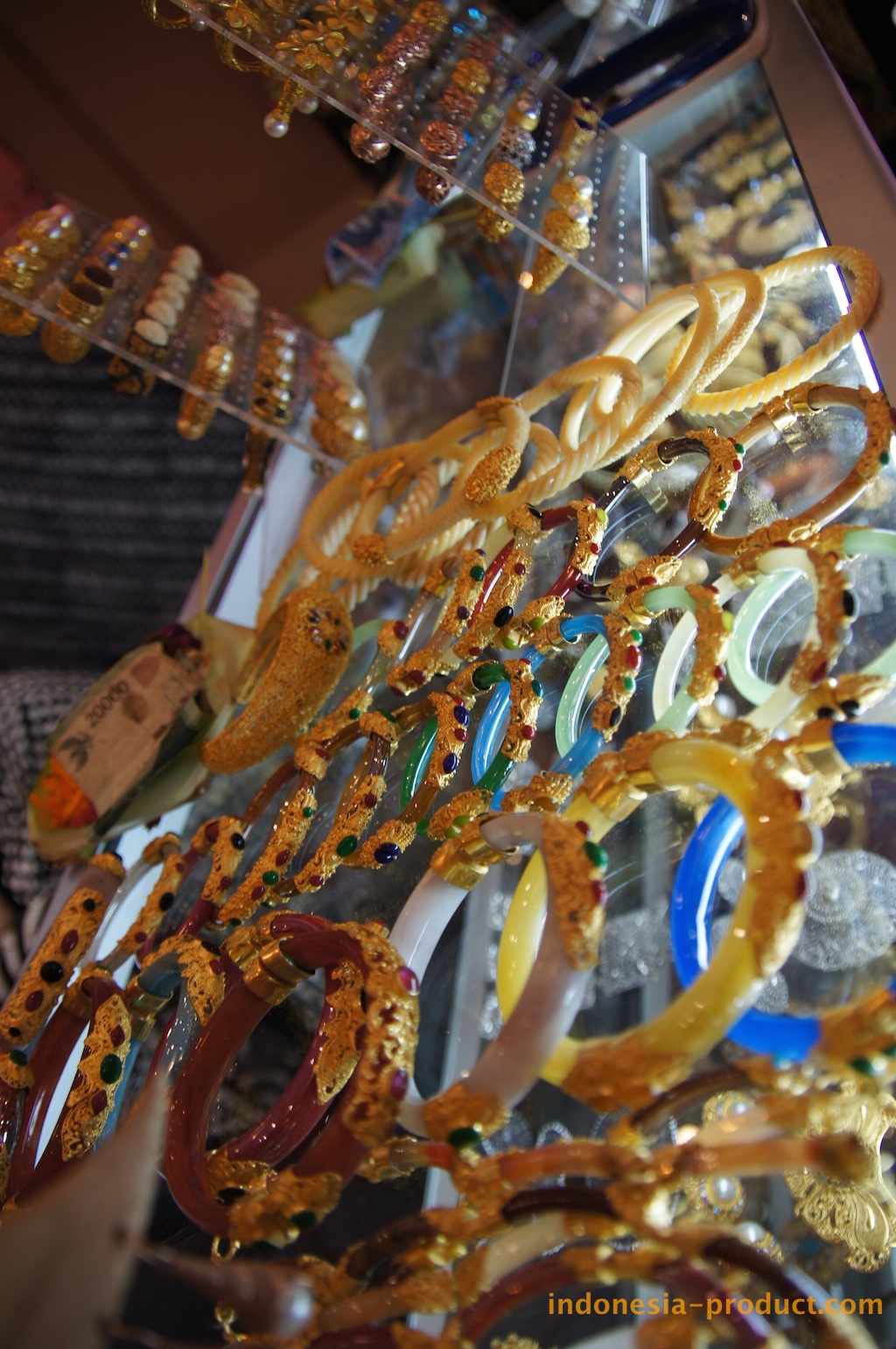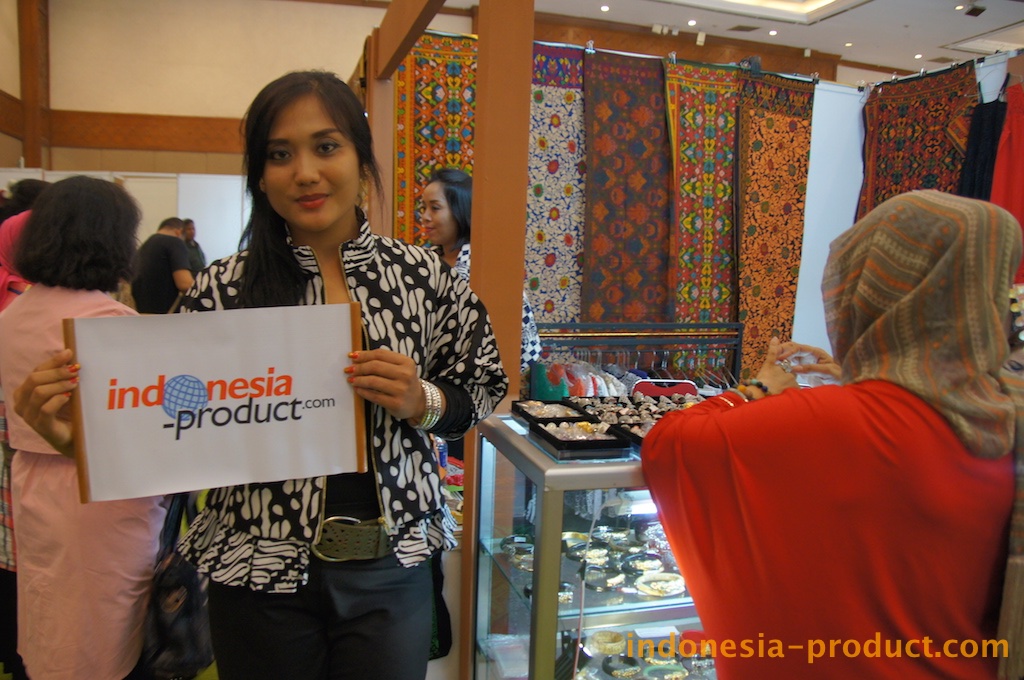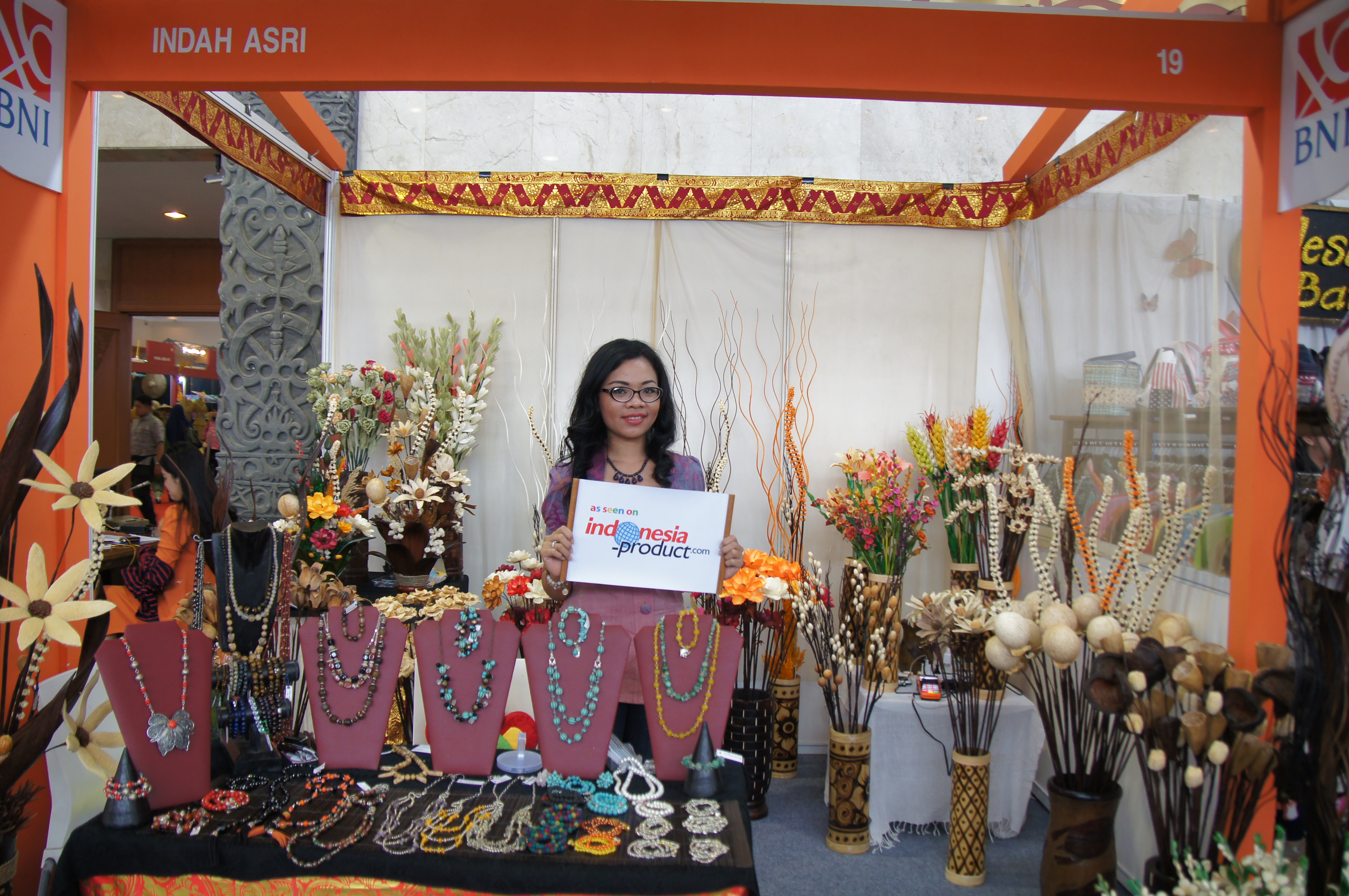Philosophy at Global Hands helps ensure quality, living wages for artisans
Janesville Gazette, WI
By Chris Schultz
cschultz@gazetteextra.com
LAKE GENEVA-Marking up prices to what the market will bear while making the most profit is a basic law of retail.
But there is a movement that seeks to put a fair price on goods, especially when it comes to trading and dealing with workers in developing nations.
Under the principle of “fair trade,” several import shops have opened in southern Wisconsin touting those practices.
The first in Walworth County is Global Hands, which Pamela Ellis opened in Lake Geneva in May.
“Dad always taught me to give back,” said Ellis, who lives near Twin Lakes in Kenosha County.
On the surface, the 1,600-square-foot store looks like other high-end gift shops in Lake Geneva.
Browsers can find unique gifts, like the Guatemalan hand-made, loom-woven bibs; plates made of pressed coconut fiber that look like wood, and Peruvian finger puppets.
What makes fair trade different from many other import stores is that Ellis can guarantee that the bib, plates and finger puppets were made by artisans in their native countries and not in foreign-owned sweatshops, or on a machine in China, said Ellis.
It also ensures that the workers who make the goods make a fair wage, something that profit-making corporations operating overseas don’t always ensure, she said.
“You’re helping to keep the kids out of sweatshops and the fields,” said Ellis. “You’re putting food on tables.”
Until recently, Ellis worked as a horticulturalist. She has a degree in forestry from Wyoming University.
She said she wanted to find work that got her out of the sun.
“I have a fear of skin cancer,” confessed the fair-haired, light skinned Ellis.
But she said she also felt that fair trade was the right kind of business for her.
“You know how you get a gut feeling that something is good,” Ellis said. “I just know this is a really good thing.”
This is her first venture into retail, but Ellis has been involved with fair trade for some time.
For four years, she helped organize a Fair Trade Expo in Burlington.
Alice Foley, one of the first fair trade retailers in the area, was a mentor of sorts, said Ellis. She gave encouragement and also helped with more practical issues, like setting up the store’s credit and debit card systems, she said.
Foley, who manages the Milwaukee store Fair Trade for All, said Lake Geneva has a place in its mix for a fair trade store.
“A fair trade store is certainly unique,” said Foley. “The products are really high quality and highly unusual.”
Helping out at the store is Ellis’ daughter Lindsay, who has a degree in finance from UW-Milwaukee.
Ellis said she’s also made a lot of contacts through trade shows. She’s made enough connections that she said she had little fear about opening her own shop in Lake Geneva, where retail competition can be brutal, especially in the winter months.
Global Hands sells a jewelry line from Kenya. Ellis said that came about after meeting a Catholic priest from Kenya at a local Rotary meeting. The priest worked in a Kenyan ghetto where widows make jewelry from such everyday materials as newspaper. The newsprint is rolled by hand into small beads, lacquered and then strung into necklaces and bracelets.
During her time organizing the fair trade expos, Ellis connected with Noga Turk of Israel, a woman who markets for Venus Imports, a worker-owned clothing manufacturer in Kathmandu, Nepal.
Global Hands sells clothing by Venus Imports.
More personally, Ellis has a friend whose husband is from Indonesia. Global Hands sells Buddhas hand-carved from olive wood, made by her friend’s husband’s family in Indonesia.
Global Hands also sells home accessories, coffee and chocolate. Ellis said she also tries to add a little education along with the customers’ Nepalese-made shirt, Kenyan jewelry or Indonesian Buddha.
“I try to hand out brochures explaining fair trade,” Ellis said.
What is fair trade?
Fair trade started in the mid-1940s with the Mennonite Central Committee, which pioneered the idea of buying goods directly from artisans in the developing world and paying a living wage.
One of the larger fair trade organizations is the International Fair Trade Association.
According to the IFAT Web site, fair trade seeks to create an economy that benefits producers and sellers alike at a reasonable cost to the buyer.
Fair Trade business practices are intended to:
— Create opportunities for economically disadvantaged producers.
— Be transparent and accountable.
— Pay a fair price for goods.
— Provide good working conditions and gender equality.
— Build long-term relationships with producers.
— Care for the environment.
IFAT and other organizations, including the Fair Trade Federation in the United States, certify fair trade retailers and fair trade products.
Retail markups are limited, usually to 50 percent.
Fair trade organizations work with disadvantaged groups to help them overcome barriers in finding markets. Representatives from fair trade organizations such as 10,000 Villages of Canada will go to native manufacturers and help them design products that will fit into American homes.
According to IFAT, fair trade products are marketed under one of two labels. The first is issued by IFAT to registered members and is called the Fair Trade Organization Mark or FTO Mark. The other is issued the Fairtrade Labeling Organization and is called the Fairtrade Label.

